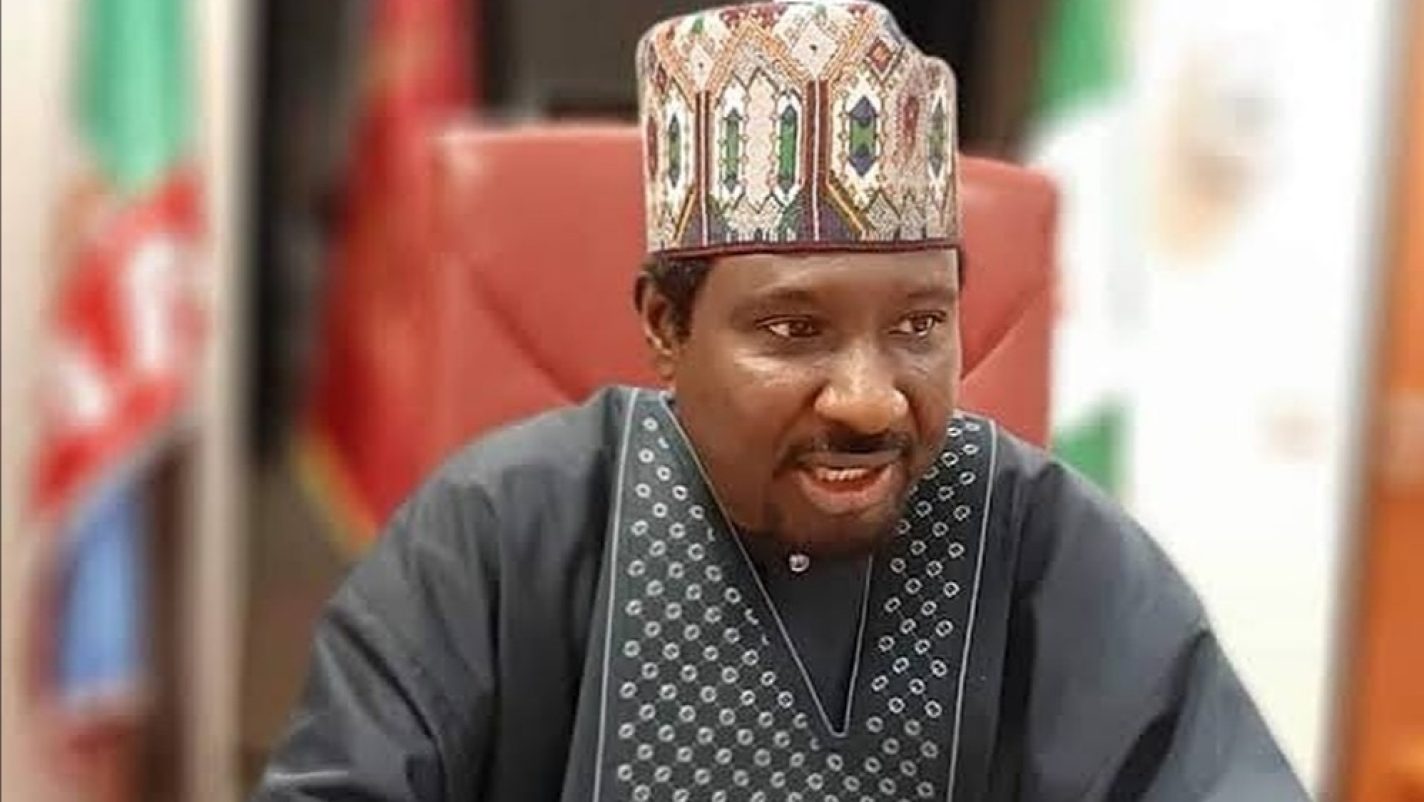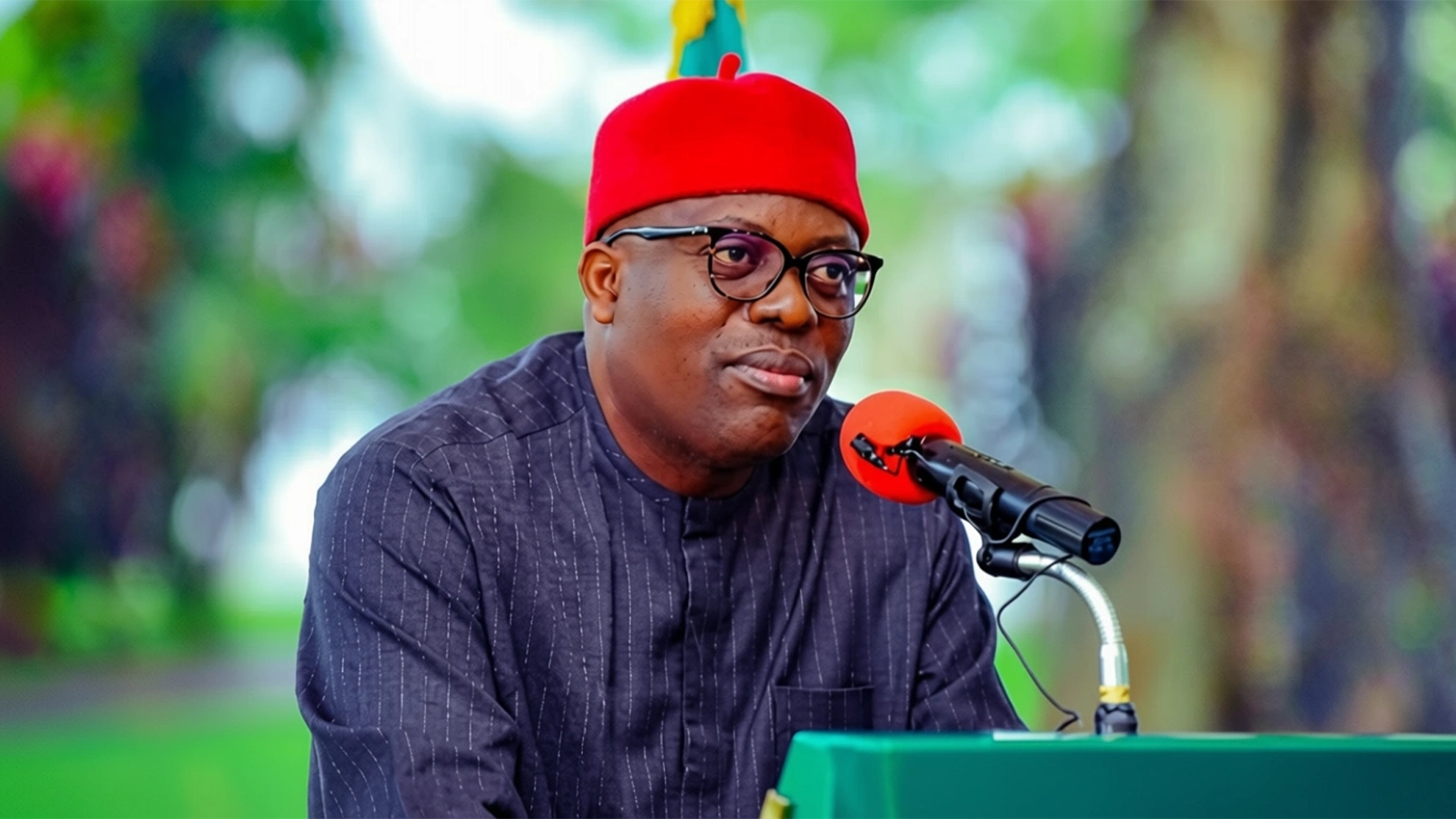
The Senate has suspended further action on the contentious Tax Reform Bills following widespread public outcry and opposition from Northern Governors, who described the bills as “anti-democratic.”
The decision was announced by Deputy Senate President Jibrin Barau during Wednesday’s plenary.
Barau explained that the Senate Committee on Finance had been directed to halt public hearings and deliberations on the bills until the concerns raised by various stakeholders were addressed.
Additionally, a special committee has been constituted to liaise with the executive branch to resolve the contentious issues.
The Contentious Bills Under Review are: ‘A Bill for an Act to Establish the Joint Revenue Board, the Tax Appeal Tribunal and the Office of the Tax Ombudsman, for the harmonisation, coordination and settlement of disputes arising from revenue administration in Nigeria and for other related matters, 2024.
‘A Bill for an Act to Repeal the Federal Inland Revenue Service (Establishment) Act, No. 13, 2007 and enact the Nigeria Revenue Service (Establishment) Act to Establish the Nigeria Revenue Service, charged with powers of assessment, collection of, and accounting for revenue accruable to the Government of the Federation, and for related Matters, 2024.
‘A Bill for an Act to Provide for the assessment, collection of, and accounting for revenue accruing to the Federation, Federal, States and Local Government; prescribe the powers and functions of tax authorities, and for related matters, 2024.
‘A Bill for an Act to Repeal certain Acts on taxation and consolidate the l;egal frameworks relating to taxation and enact the Nigeria Tax Act to provide for taxation of income, transactions and instruments, and for related matters.
The bills aim to reform the nation’s tax system but have faced opposition, particularly due to concerns about the proposed value-added tax (VAT) derivation formula, which critics argue could disproportionately affect northern states.
Northern governors strongly opposed the bills, with the Governor of Borno State, Babagana Zulum, warning that they could “crumble the economy of the North.”
In response, the National Economic Council (NEC), chaired by Vice President Kashim Shettima, recommended withdrawing the bills for further consultations.
Oyo State Governor, Seyi Makinde, speaking on behalf of the NEC, stressed the need for broader consensus, noting that certain sections of the country found aspects of the bills unacceptable.
Following the controversy, the Senate invited the President’s Economic Team, led by Taiwo Oyedele, Chairman of the Presidential Committee on Fiscal Policy and Tax Reforms, and Zacchaeus Adedeji, Chairman of the Federal Inland Revenue Service, to clarify the bills. Despite their explanations, concerns persisted, prompting the Senate to call for further dialogue.
Deputy Senate President Barau stressed the Senate’s role as a stabilising force, stating, “We have decided to set aside politics, ethnicity, and regionalism to resolve the issues surrounding the tax reform bills. In collaboration with the Executive, we will establish a forum to identify and address contentious areas to ensure national unity.”
Barau added that the Attorney General of the Federation would be involved in the discussions to resolve legal disputes surrounding the bills.
The special committee, comprising Senate leadership and key members such as Adamu Aliero, Orji Kalu, Seriake Dickson, and Sani Musa, is scheduled to meet with the Attorney General on Thursday to address the issues.
The Senate reaffirmed its commitment to supporting President Bola Tinubu’s economic reforms while ensuring that no new policies exacerbate the country’s current economic challenges.






